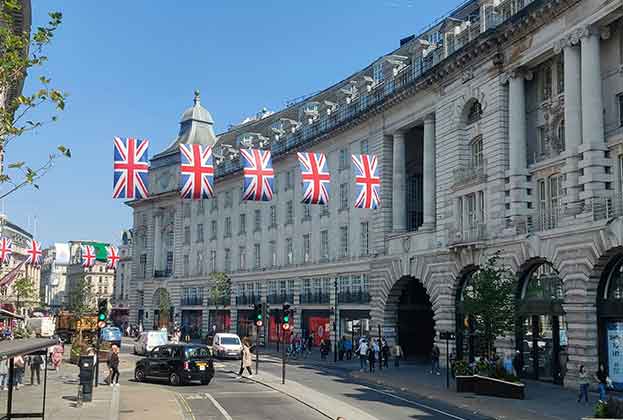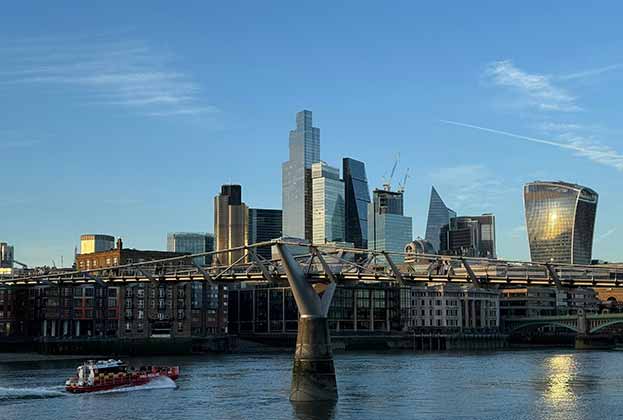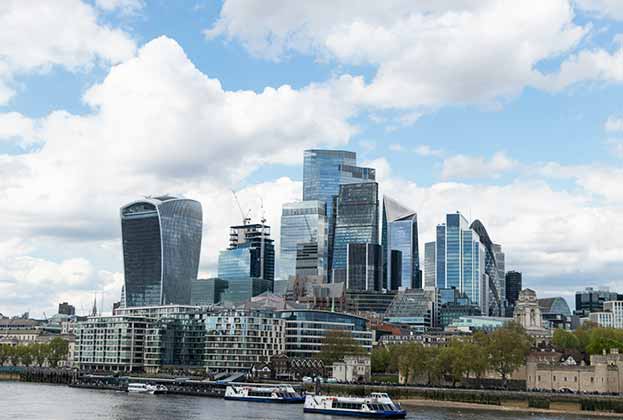The good weather over the summer break, together with the Rio Olympic and Paralympic Games, distracted the market from the shock of the EU referendum result. Economic commentators reforecast their reforecasts and the news got better, with the consensus view being that the UK will avoid recession, albeit with fairly anaemic GDP growth.
From a long-term investor point of view, the UK markets continue to look attractive, accentuated by the sterling devaluation and some price discounts meaning entry prices appear some 15-20 per cent cheaper than before the referendum.
Prime commercial investment yields ranging between 3-6 per cent compare very well with bond yields even in emerging markets, where the range is 2-6 per cent. The recent interest-rate reduction and Bank of England intervention has made the arbitrage even more attractive, with debt rates at their lowest-ever level.
Not surprisingly, there has been a significant increase in interest from international investors linked to the US dollar and there is plenty of equity available to acquire assets at discounted levels. Despite the uncertainty surrounding future trading relationships with the EU, UK real estate has a very compelling story, with markets generally in balance between development supply and occupier demand. Where else can investors get assets with more long-dated income due to the UK traditional lease structure?
On the flipside, there has been a more subdued response from sterling-denominated investors and UK institutions. Investment volumes in the UK were already falling prior to the referendum and this year may only be two-thirds of what they were in 2015. I do not anticipate a significant increase until the market gains more confidence about what the ‘post-Brexit’ world might look like.
However, the rhetoric over whether we have a hard or soft Brexit can be as damaging as the market shock of the decision itself and it is important that the Government keeps the ‘bluff and counter-bluff’ contained within the Cabinet.
At the end of the day, it is all about the occupier markets and nationally most occupiers have got on with their daily business and acquired space with needs-based decisions. Indeed office take-up in major provincial cities such as Manchester, Birmingham and Bristol has continued pretty much undaunted and demand for the sector has also remained extremely strong.
Overall office take-up in the UK regions for H1 2016 was 4.7m sq ft, which encouragingly is in line with the record first-half figure achieved in H1 2015. Even in central London offices, where one might expect to see the greatest impact, many sub-markets remain active, although uncertainty within the financial sector around ‘passporting’ and access to the single market will continue to subdue take-up in the near term. Other sectors that are nervous of future market access include science & technology, biomed and education.
Retailers too, while very location-specific, are continuing to go about their business and it seems that neither new entrants nor consumers have gone into a recessionary mode.
Residential markets have fared better than anticipated. National demand remains good and pricing robust and why wouldn’t it? Many of those markets were pro-Brexit so feel positive about the future. Within central London, there is more of a mixed picture but some of these market segments were already impacted by stamp duty increases and the outcome of the referendum was just one factor among many affecting them. Encouragingly, the number of new applicants is up year-on-year, with London viewings up in August by 26 per cent, some due to increased international demand.
So are we out of the woods? Not yet. Occupier and consumer demand will be key with the barometer in retail being Christmas trading. It is also vital that the Government negotiates our new relationship with the EU in a constructive manner. There are 500 million consumers in this market who we can’t ignore and while trade talks with Australia and Korea are encouraging, they will not replace the relationship with our nearest market place.
I am optimistic that Brexit should neither be hard nor soft but perfectly cooked – and definitely not scrambled by government policy decisions.
(1).jpg)




.jpg)

.jpg)


